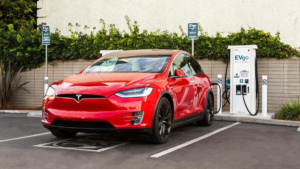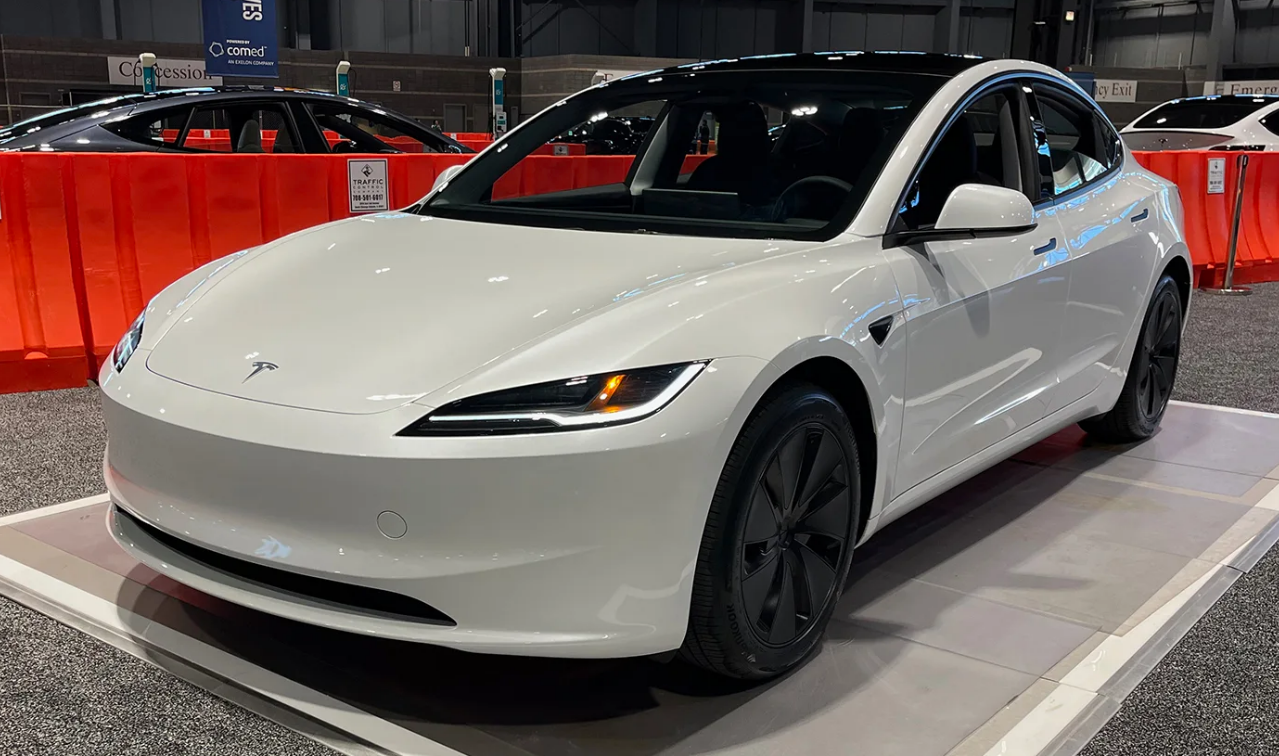The global automotive industry has witnessed a significant shift towards electric vehicles (EVs), driven by concerns over environmental sustainability and the depletion of fossil fuels. In line with this global trend, India, one of the world’s largest automobile markets, has been actively promoting the adoption of electric vehicles to reduce carbon emissions and dependence on traditional fuels. Against this backdrop, three major players – Tesla, BYD, and VinFast – have unveiled their plans to enter the Indian market, each with unique proposals tailored to navigate the regulatory landscape and seize opportunities in this burgeoning sector.

Tesla’s Proposal: Anticipation and Incentives
Tesla, the American electric vehicle pioneer, has long been anticipated to make its foray into the Indian market. With its reputation for cutting-edge technology and sleek designs, Tesla’s entry promises to disrupt the status quo and accelerate the adoption of electric vehicles in India. The Indian government has signaled potential tweaks in tax norms to accommodate Tesla, reflecting a recognition of the company’s contribution to innovation and sustainable mobility. Incentivizing Tesla’s entry aligns with India’s broader goal of transitioning to a greener transportation ecosystem and positioning itself as a hub for electric vehicle manufacturing and innovation.
BYD’s Challenge: Navigating Regulatory Hurdles
On the other hand, China’s BYD, a leading electric vehicle manufacturer globally, has encountered challenges in gaining traction in the Indian market. Despite its established presence and expertise in electric vehicle technology, BYD has faced clear disincentives from the Indian government, posing hurdles to its entry and expansion plans. The regulatory landscape, coupled with geopolitical considerations, has made the journey tougher for BYD compared to its American counterpart, Tesla. However, BYD remains resilient and continues to explore avenues to overcome regulatory barriers and establish a foothold in the Indian electric vehicle market.
VinFast’s Strategy: Leveraging Strategic Partnerships
Vietnam’s VinFast, a relatively new player in the electric vehicle space, has adopted a different approach to enter the Indian market. Leveraging strategic partnerships and seeking alignment with existing regulatory frameworks, VinFast aims to position itself competitively alongside established players like Tesla and BYD. By routing its proposal through the regular dispensation and seeking incentives on par with those offered to Tesla, VinFast demonstrates its commitment to leveraging policy support and creating a conducive environment for its entry and growth in India.
Also Read:Tesla Model 3 Discovery First Look
Policy Responses: A Comparative Evaluation
The policy responses of the Indian government towards Tesla, BYD, and VinFast reflect a nuanced approach to fostering the growth of the electric vehicle sector while balancing domestic priorities and international partnerships. While Tesla stands to benefit from potential incentives and tax tweaks, BYD faces regulatory challenges that underscore the complexities of navigating foreign investments and geopolitical dynamics. VinFast’s strategy of seeking parity with Tesla’s incentives underscores the importance of strategic positioning and leveraging policy support to gain a competitive edge in the Indian market.
Conclusion
As India accelerates its transition towards electric mobility, the entry of global players like Tesla, BYD, and VinFast holds significant implications for the future trajectory of the automotive industry. While each company faces unique opportunities and challenges, their proposals offer valuable insights into the evolving dynamics of policy, innovation, and competition in the electric vehicle space. By fostering an enabling ecosystem and leveraging strategic partnerships, India aims to emerge as a key player in the global electric vehicle market, driving sustainable growth and environmental stewardship.

